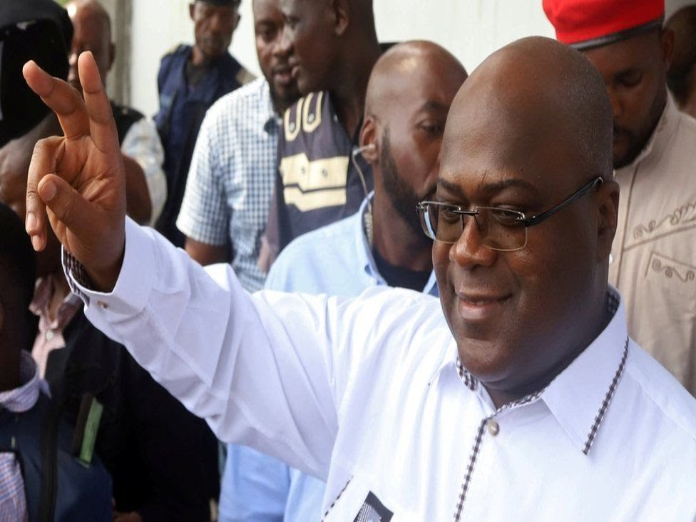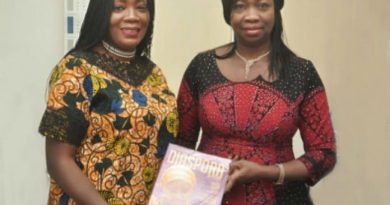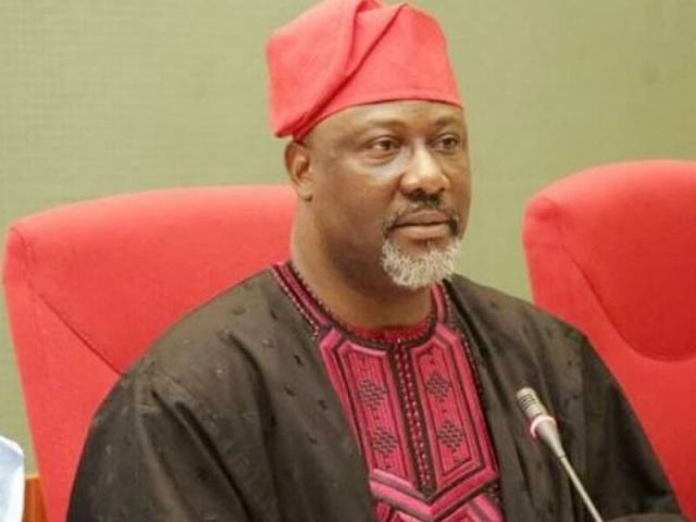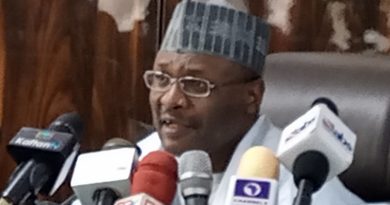DR Congo Opposition Candidate Tshisekedi named winner amidst outcry
Opposition candidate Felix Tshisekedi has won the Democratic Republic of Congo’s presidential election, the electoral commission says.
The announcement, made overnight, sparked accusations of an “electoral coup” from runner-up Martin Fayulu.
If confirmed, Mr Tshisekedi will be the first opposition challenger to win since the DR Congo gained independence in 1960. Current President Joseph Kabila is stepping down after 18 years in office.
The capital Kinshasa and other key cities appeared calm on Thursday, but fears remain that the announcement of the result could trigger violence. UN chief Antonio Guterres appealed for all parties to refrain from violence.
In the early hours of Thursday the head of DR Congo’s National Electoral Commission (Ceni), Corneille Nangaa, said Mr Tshisekedi had received 38.5 percent of the vote and had been “provisionally declared the elected president”.
The full results were, with turnout reportedly 48 percent
The election outcome was initially expected to be announced on Sunday. The interim result can still be challenged.
Mr Tshisekedi vowed to be “the president of all DR Congolese”, saying: “No-one could have imagined such a scenario whereby an opposition candidate would emerge victorious.”
He struck a conciliatory tone with Mr Kabila when addressing supporters at his Union for Democracy and Social Progress party headquarters in Kinshasa.
“I pay tribute to President Joseph Kabila and today we should no longer see him as an adversary, but rather, a partner in democratic change in our country,” he said.
A spokesman for Mr Shadary, who had been Mr Kabila’s hand-picked candidate, accepted the defeat, saying “the Congolese people have chosen and democracy has triumphed”.
Mr Fayulu’s supporters say this backs their suspicion Mr Tshisekedi has cut a power-sharing deal with Mr Kabila, something Mr Tshisekedi’s team rejects.
The BBC’s Africa editor, Fergal Keane, says Mr Tshisekedi is seen by many as the opposition candidate least objectionable to President Kabila and that it is perhaps significant that neither Mr Kabila nor his party have so far voiced any objection to the result.
Mr Fayulu, a former oil tycoon, said the results had “nothing to do with the truth”.
“The Congolese people will never accept such a fraud,” he told the BBC, adding: “Felix Tshisekedi never got 7 million votes. Where did he get them from?”
He said the electoral commission and ruling party had made up the figures to give Mr Tshisekedi – their “protégé” – victory.
French Foreign Minister Yves Le Drian told CNews: “We must have clarity on these results, which are the opposite to what we expected.”
He said the influential Catholic Church, which had 40,000 observers at the election, had found “completely different” results.
The Church warned during polling at the end of last month that there had been irregularities. However, it has not yet publicly commented on the result.
Former colonial power Belgium has expressed its doubts about the result.
Given the deeply polarised nature of politics here, any result was going to leave a divisive aftermath.
Whether Mr Tshisekedi has the intention or the capacity to challenge the powerful hold Mr Kabila enjoys over the army, security services and key ministries will determine whether politics has really entered a new era. He has already spoken of working with Mr Kabila to ensure the success of democracy.




